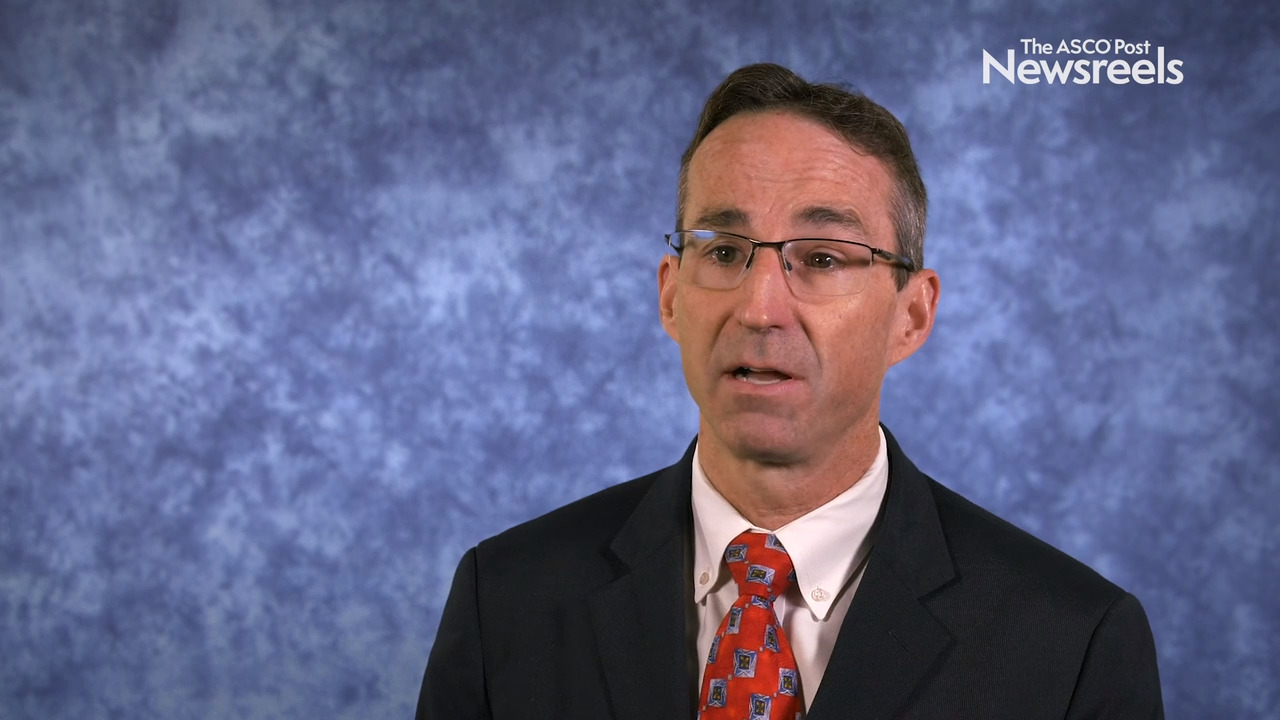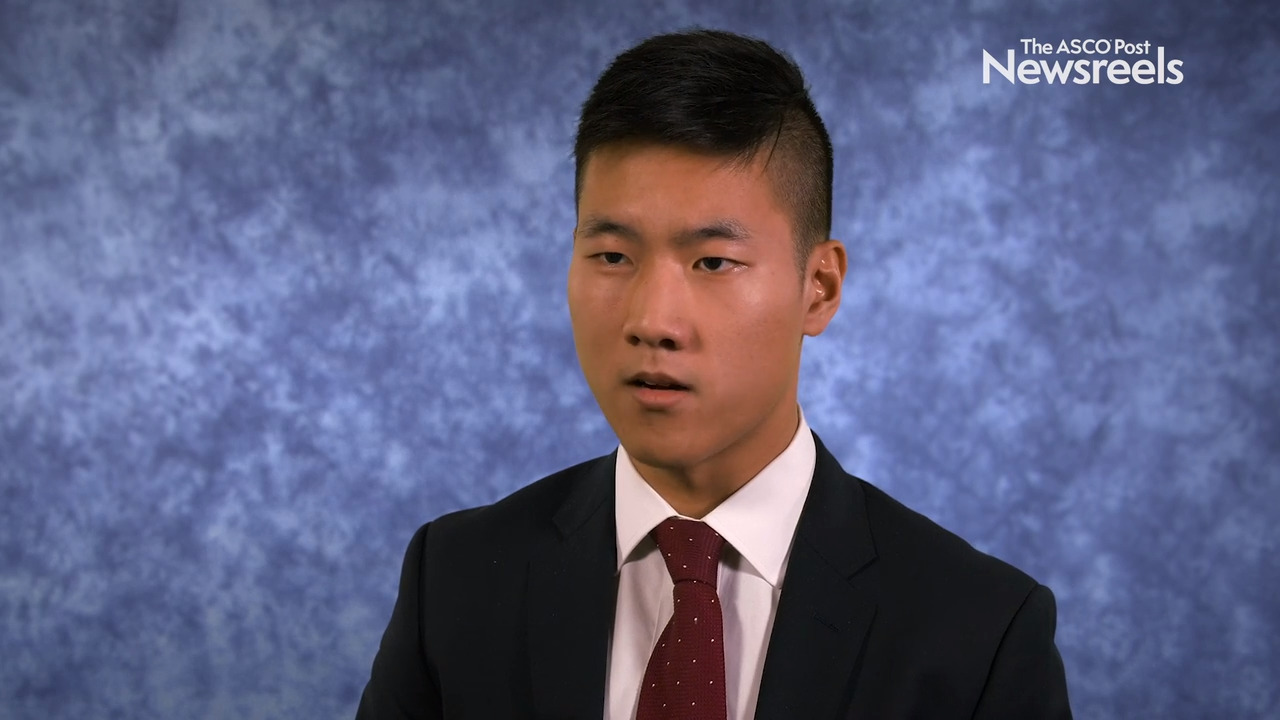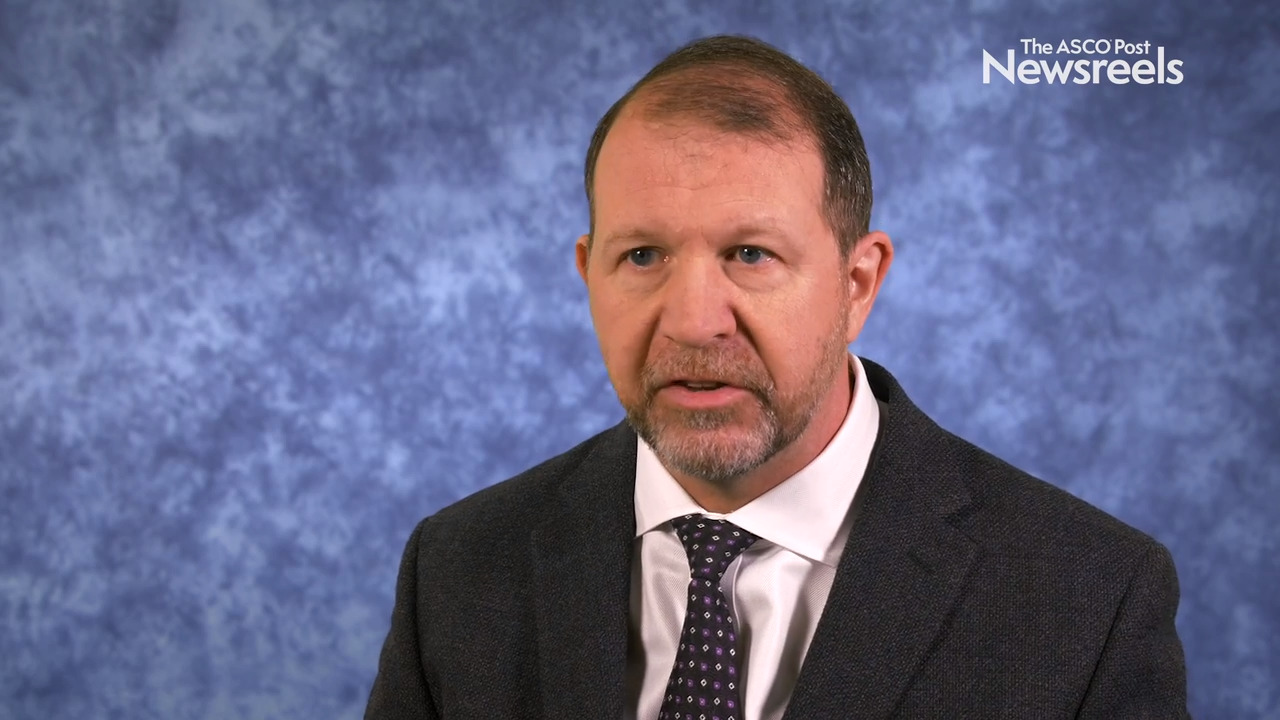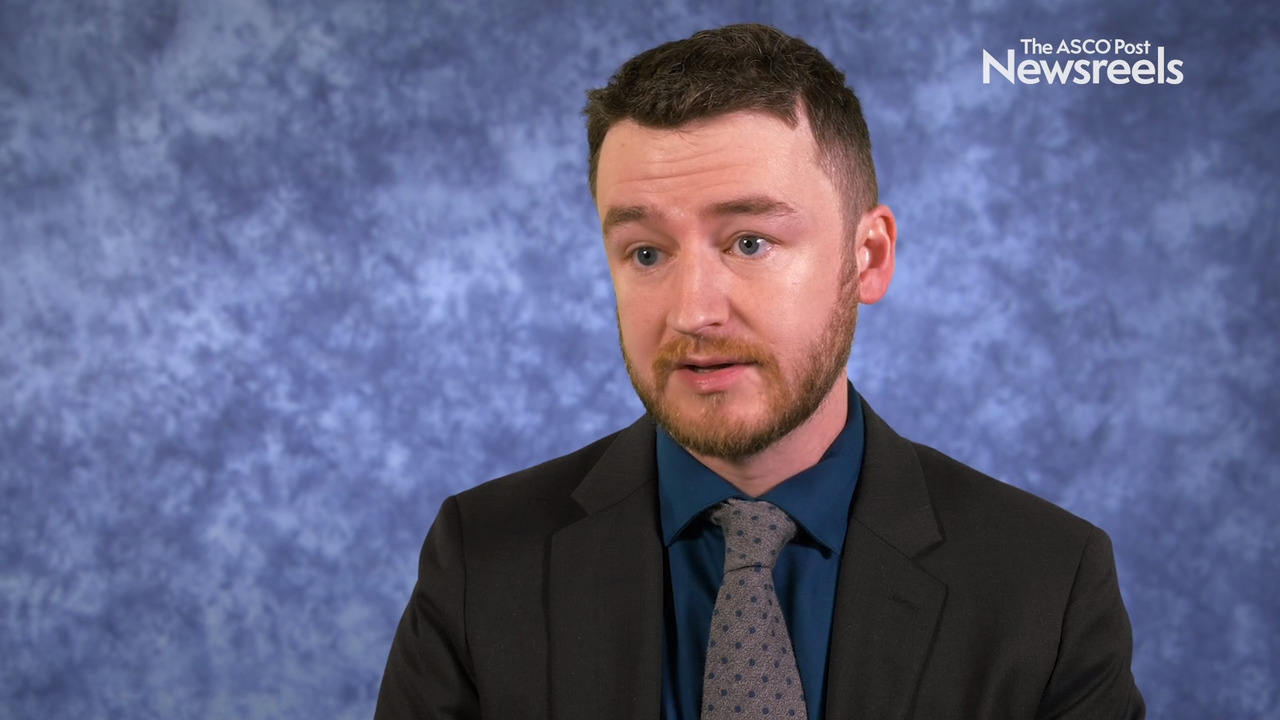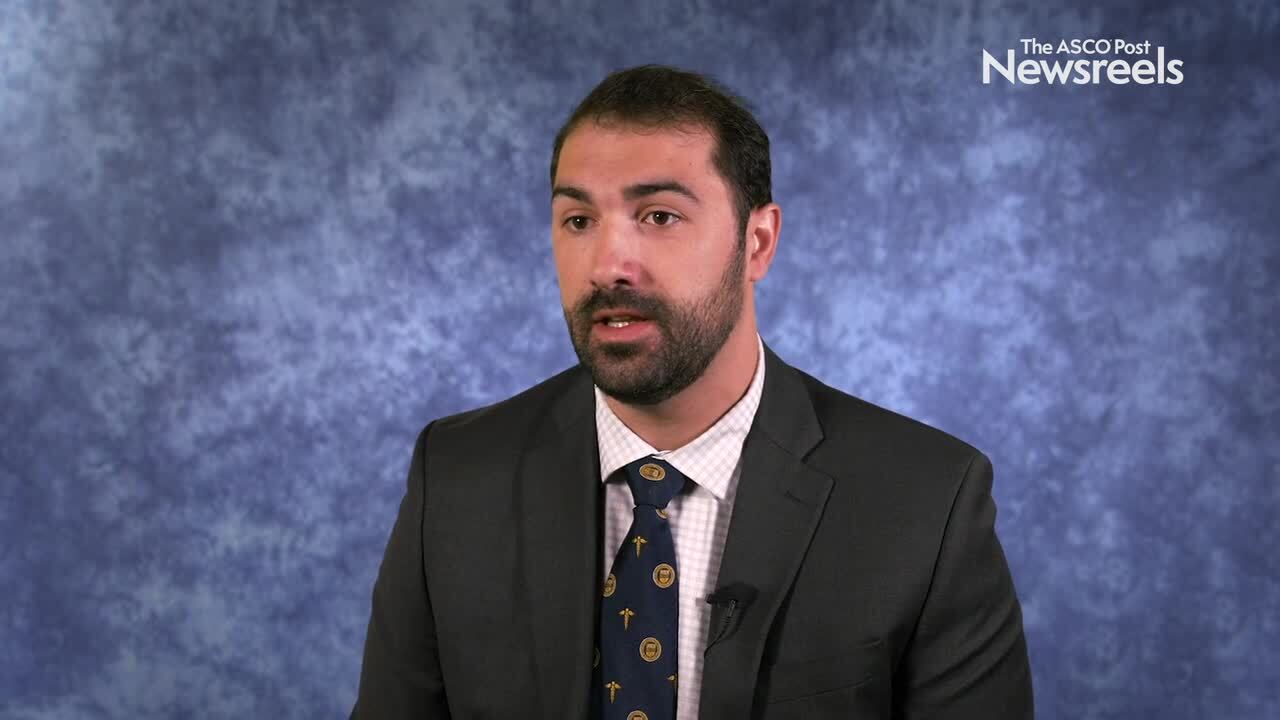Elizabeth A. Mittendorf, MD, PhD, on Mobilizing the Immune System to Treat Select Solid Tumors
2020 ASCO-SITC Clinical Immuno-Oncology Symposium
Elizabeth A. Mittendorf, MD, PhD, of Dana-Farber Cancer Institute and Brigham and Women’s Hospital, summarizes a session she co-chaired on utilizing the immune system in neoadjuvant trials to treat melanoma, breast, and lung cancers.
Martin McCarter, MD, of the University of Colorado Denver, discusses the recent strides in surgical oncology, how the role of surgery has changed, and what lies ahead for this staple of cancer therapy.
Kevin Tyan, of Kinnos, and currently a medical school student at Harvard University, discusses his study findings, which showed that patients with melanoma who are treated with immunotherapy had a significantly lower risk of developing colitis if they also took vitamin D ( Abstract 89).
Dario Vignali, PhD, of the University of Pittsburgh and UPMC Hillman Cancer Center, summarizes his Keynote Address, which covered what drives systemic immune dysfunction in patients with cancer, what promotes inhibitory receptor expression, and what limits the persistence of antigen-specific T cells.
Christopher B. Cole, MD, PhD, of the National Cancer Institute, discusses findings from a phase I study of intraperitoneal monocytes activated by interferons alpha and gamma in patients with ovarian cancer. Two of 11 patients had a partial response and 5 of 11 had stable disease; ongoing efforts are exploring more immune system targets in order to increase efficacy (Abstract 1).
Luis I. Ruffolo, MD, of the University of Rochester, discusses preclinical studies showing that semaphorin 4D blockade may sensitize pancreatic tumors to chemoimmunotherapy combinations (Abstract 26).
